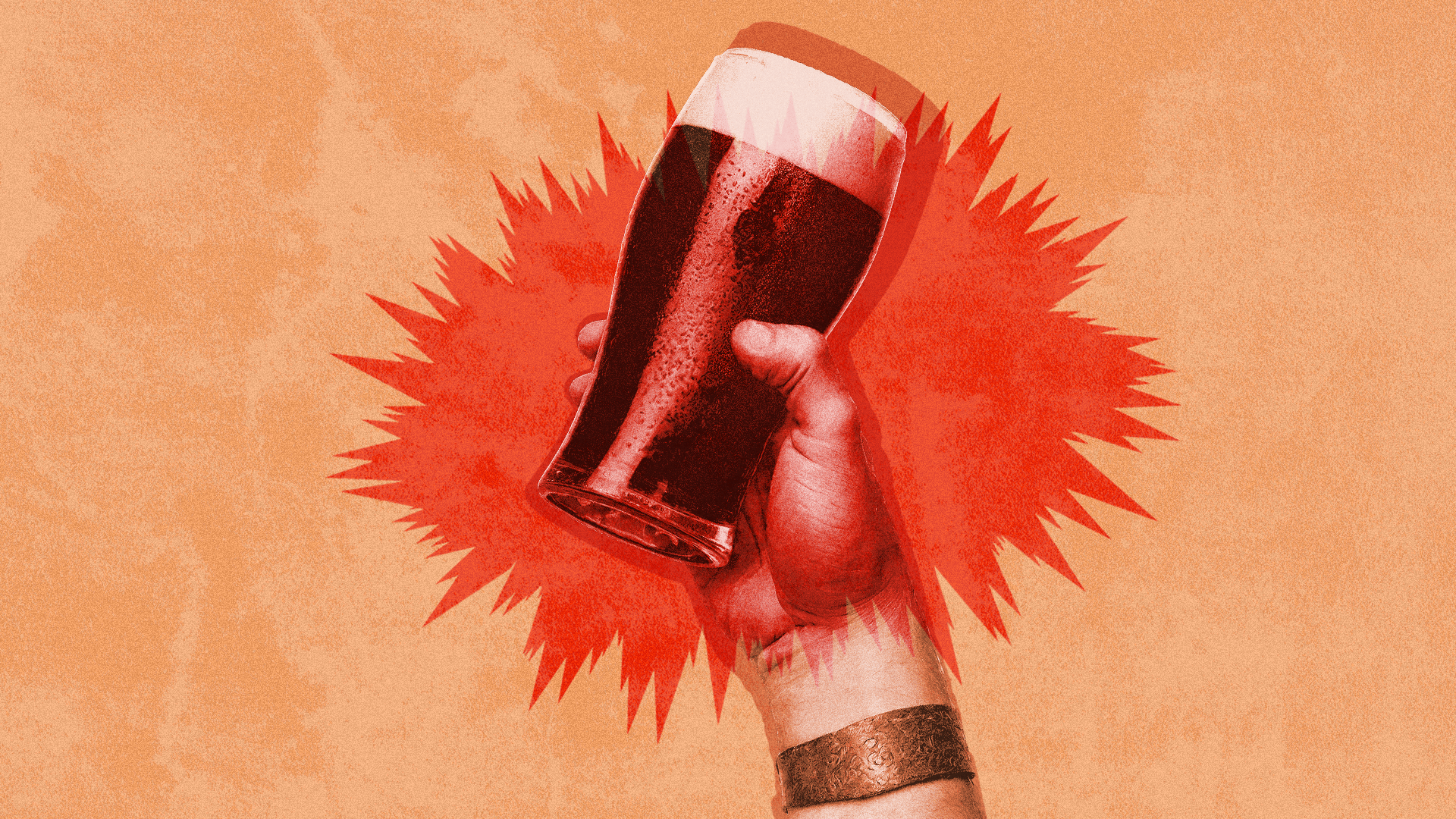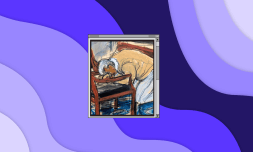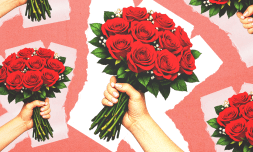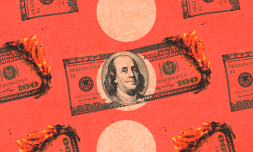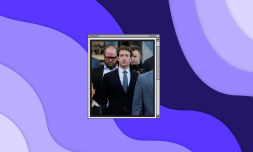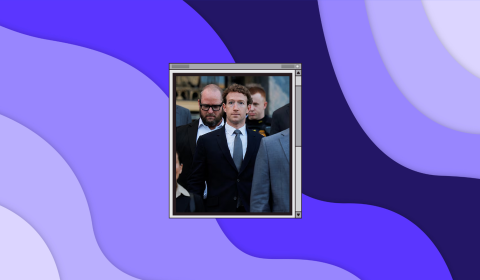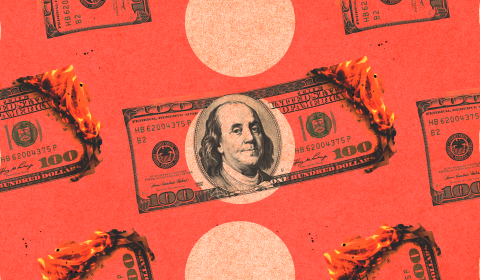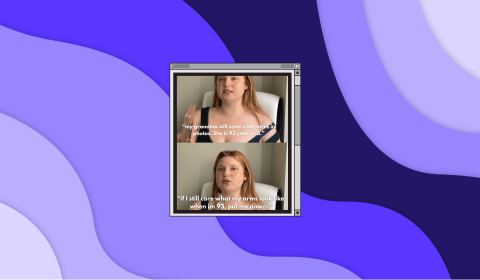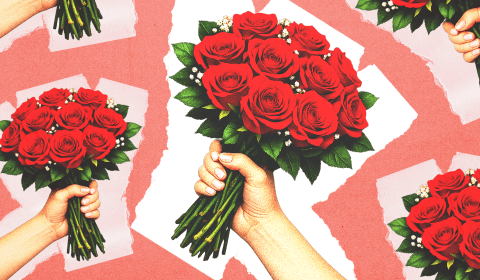The latest surveys and economic reports suggest that Gen Z are returning to booze and buying drinks. What’s causing young people to increase their alcohol intake amidst all their health-conscious habits?
![]()
New studies this week seem to suggest that Gen Z are back on the booze and buying alcohol significantly more than they used to.
That’s despite all the chitter-chatter by marketers in recent years that young people are a ‘health-conscious’ generation, more concerned with fitness, diet and sensible living than partying or binge-drinking. We even wrote about this topic ourselves several months ago, taking a deep dive into the motivations behind why young adults were ditching alcohol for good.
So, what gives? Why are the tides changing over Gen Z’s drinking habits?
Let’s get the elephant in the room out of the way first; one key factor is that previous surveys and research likely overexaggerated the extent to which young people were avoiding alcohol as a long-term lifestyle choice.
Lockdowns, a pandemic, and a lack of in-person communication for roughly two years temporarily impacted the behaviours and preferences of Gen Z, particularly if they were under drinking age or still at school in 2020. With over three years of ‘normality’ now behind us, it’s not surprising to consider that young people are steadily coming back to bars and are now happy to socialise.
In fact, reports very much indicate that Gen Z are not particularly alcohol-avoidant when compared to their older generational peers. According to a study by global beverage market research firm IWSR Bevtrac, 73% of Gen Zers aged 21-27 said they’ve consumed alcohol in the past six months. In the US specifically, Gen Z booze-drinking rose from 46% in 2023 to 70% in 2025. Researchers surveyed more than 26,000 people across 15 countries.
Such a sharp rise is also likely due to more Gen Zers having greater disposable income.
The oldest of this generational cohort will now be 28, with many well into their careers and earning sizeable wages. This isn’t the case for everyone, obviously, but it makes sense that more money is being spent on nights out with colleagues, friends, and family when Gen Z manage to find some down time. They’re making up for lost years, after all, and are eager to catch up with their Millennial peers who were able to freely socialise all throughout their twenties.
Forced isolation saw various trends emerge as a result of being obligated to stay at home for all hours of the day too, including ‘sober-curious’ living, swapping to low or alcohol-free beer alternatives, and shifting to an all-vegan diet. Now that we’re able to freely access all our regular luxuries once more, it’s safe to assume that many have found joy in returning to familiar comforts like pints and meaty meals.
Those ambitions of being ultra-healthy and mindful that were all the rage five years ago are steadily losing appeal with Gen Z, who are starting to regard these ideas as performative and class-coded. A drink with friends can loosen up these rigid rules of living and can even strengthen personal relationships in the long-run. You don’t need to tell us twice.
With all this being said, it’s worth noting that young people are not necessarily flocking down to their local boozer, necking seventeen drinks and then falling through their front door at 4 in the morning. Some might be, sure, but studies indicate that Gen Z are still being sensible, selecting drinks for the taste and experience rather than simply to get drunk. Think cocktails, speciality options, craft ales, and novelty ciders that provide unique experiences and bonding moments.
The renaissance of drink with Gen Z primarily comes down to this idea of connection. It’s largely a tool to make up for lost moments that weren’t possible five years ago, a way to have new experiences, and a response to a more stable economic climate. More young people have cash to spend, friends to see, and nights out to enjoy. It’s hard to argue with that.
See also:
- Gen Z is radically transforming the events space
- How are Gen Z coping with climate anxiety?
- Why Gen Z gravitate toward niche social apps and communities
![]()









